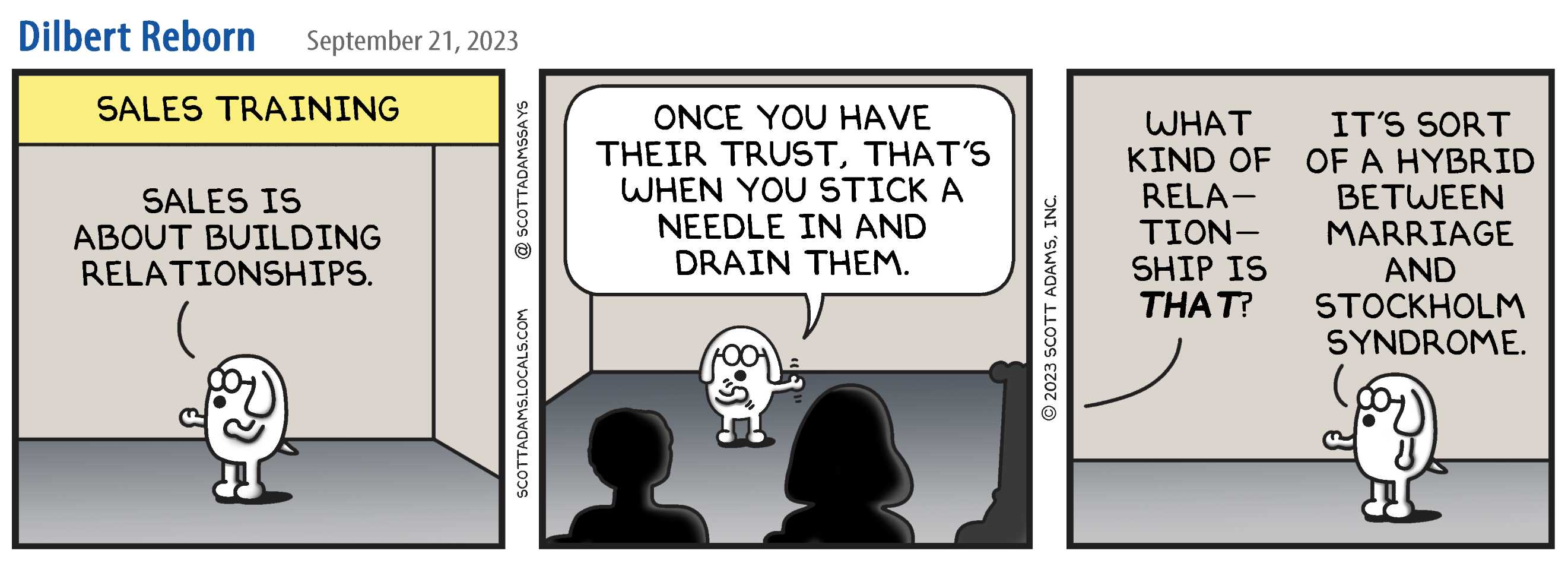Immunologist and Biochemist Speak out About Dangers of Acetaminophen for Children
re: ethics in medicine
re: follow the money
re: The Epoch Times
It’s rare to see such strongly-expressed claims.
Which is perhaps why Dr Parker has been hounded out of Duke University.
The Epoch Times: Immunologist and Biochemist Speak out About Dangers of Acetaminophen for Children
2022-12-08. Emphasis added.
The use of acetaminophen in babies and in children would never have been approved if it had been tested using current safety standards, claims William Parker, Ph.D.
Parker, who is based in Durham, North Carolina, is an immunologist and biochemist. He conducted research and taught medical school students at Duke University for more than 25 years. He and his colleagues have been researching and writing about the effects of acetaminophen—which is the main ingredient in Tylenol—since 2015.
Acetaminophen Linked to Autism ‘With No Reasonable Doubt’
In one of his most recent studies, co-authored with six other Ph.D. scientists, Parker and his team concluded: “with no reasonable doubt” that acetaminophen causes autism in susceptible babies and children.
“Let me be clear,” Parker told us. “This is not a hypothesis. We have enough evidence for a conclusion on this issue.”
The peer-reviewed study was published in July 2022 in the Italian journal Minerva Pediatrics. The co-authors included two scientists in the pharmaceutical industry as well as Dr. Kate Reissner, a professor and neuroscientist at the University of North Carolina.
“Our published conclusion is based on 17 lines of evidence,” Parker explained. That evidence includes small but compelling studies in humans, numerous studies in animal models, and a series of clues that all point toward acetaminophen as a cause of autism.
“Under normal circumstances, if a drug causes permanent behavioral changes in laboratory animals, it will never be tested in humans,” Parker explained. “Those are called pre-clinical trials. If you fail in pre-clinical trials, then they would never try it in a baby human, if it’s hurting baby animals.”
Indeed, he has conducted his own studies in laboratory animals showing that acetaminophen is not safe, even when used as currently accepted for human babies. In addition, he pointed to a particularly compelling study by Henrik Viberg, a Swedish scientist, who showed that just two doses of acetaminophen at a very young age cause laboratory mice to lose their ability to learn later in life.
Why Do Pediatricians Still Recommend Infant Tylenol?
Given the growing body of scientific evidence linking acetaminophen to autism, as well as the continued rise in autism rates in the United States and other countries in the industrialized world, why do most pediatricians think acetaminophen is safe for babies and children?
“There are several reasons,” Parker explained when we asked him this question. “It’s thought to be safe by almost everyone, that leads to a consensus bias. Moreover, most children don’t become autistic after taking acetaminophen, which leads to an antidote bias. That’s: ‘hey my grandma smoked all her life and never got lung cancer and lived to 102, so smoking isn’t bad for you.’”
But the real reason, Parker said, is that public health authorities report that it is safe.
Parker pointed out that pediatricians are busy seeing patients. So, they rely primarily on regulatory agencies, in particular the FDA and the CDC, to tell them what is safe.Most pediatricians are not aware that boys who are circumcised have twice the prevalence of infantile autism as boys who are not. The connection between circumcision, a surgical procedure that often involves the administration of acetaminophen, and autism are one of the 17 lines of evidence compiled by Parker and his team that led them to conclude that acetaminophen causes autism in susceptible children...
More Than a Decade of Research
... “Scientists have been known to rush to a speedy conclusion on occasion,” Parker insisted. “This is not one of those occasions. This pile of evidence is so ripe that it will explode.”
...these lawsuits are focused on acetaminophen use during pregnancy. But Parker and his colleagues believe that acetaminophen use in babies and in children probably is much more dangerous than acetaminophen use during pregnancy.
...
WIND: giving medication to a baby should be done only in exceptional circumstances. Their bodies do not work the same ways as adults, and are changing at a very high rate too.
Prescription medications are extremely dangerous, being the 3rd leading cause of death. Modern industrialized medicine follow the one symptom/one diagnosis/one drug callous lazy incompetent nitwit approach to “health”, thereby killing people by the millions.
Never trust the FDA other than to give you bad information and lie to you.
Trust your doctor? Talk to your doctor? This is the world’s worst advice. You have to be skeptical and cross-check and see what’s out there; accepting one doctor’s statements as The Truth is insanely risky.




